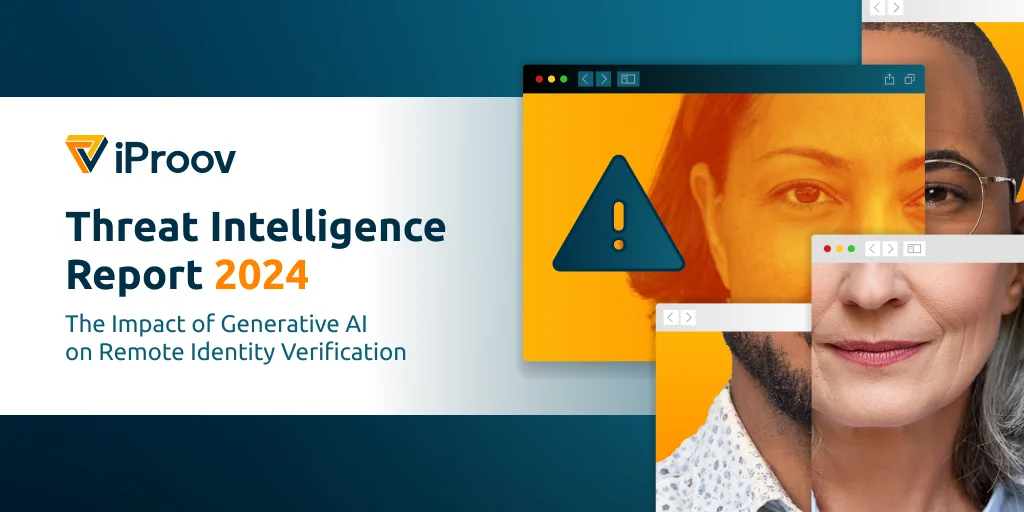iProov Threat Intelligence Report 2024: The Impact of Generative AI on Remote Identity Verification
In today’s rapidly changing world, the threat landscape is evolving, too, making it difficult for traditional remote identity technologies to keep organizations safe. To stay ahead of criminals, it is essential to understand the latest threats and vulnerabilities before they are targeted.
New remote identity verification technology is necessary to ensure that organizations interact with the right people online. But in this era of generative AI, not all technologies offer the same levels of assurance.
The iProov Security Operations Centre (iSOC) closely monitors fraud patterns and techniques, providing unique insights, including how AI-powered tools undermine current remote verification methods. Our science and threat intelligence teams constantly learn and adapt our technology to combat threats before they become serious.
The 2024 iProov Threat Intelligence Report offers exclusive insights into our Science team’s findings. You’ll learn how threat actors are evolving, what tools they use, and what this means for your organization’s remote verification methods. You’ll also delve into the four most wanted threat actors, how they operate, and their patterns of attack.
The threats keep evolving, it’s not a matter of if your organization will be targeted but when.
Learn more about active threat actor behaviors, tools, and techniques and see how your organization’s defenses size up.
Take the first step in securing your organization’s future by gaining:
- A deep understanding of the proliferation and advancement of AI-powered tools and how they are being leveraged
- Knowledge about the vulnerability of person-to-person identity verification to deepfakes and its impact on remote verification
- Insights into the human vs. automation in identification processes
- A comprehensive understanding of the anatomy of a biometric attack: 2023’s prolific threat actors MOs
- Knowledge about the evolving threat landscape in 2023 and the importance of resilient science-based biometric solutions to withstand novel attacks
